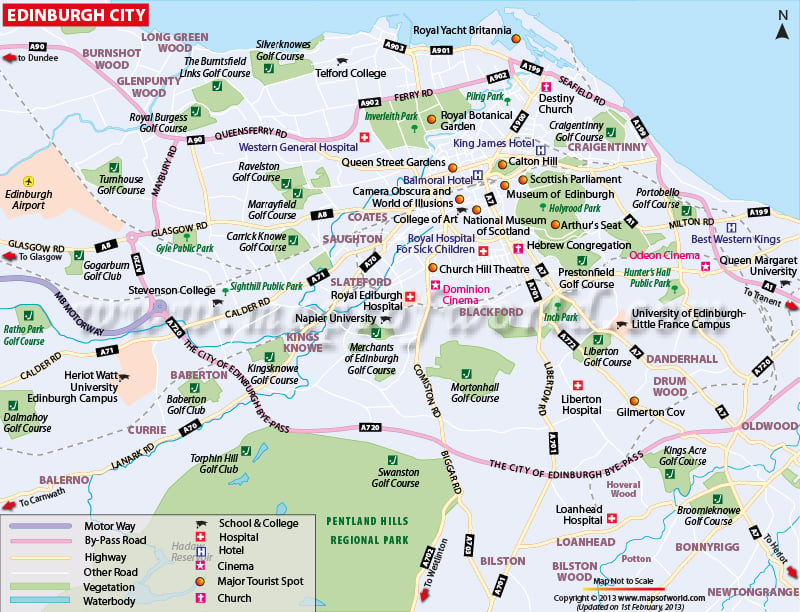that teachers, learners and institutions can fully explore this potential. Imagine an American History textbook with the latest news from the 2016 election, or a math tutorial that incorporates local landmarks into word problems. Imagine a lecture attended by hundreds of thousands of people across the globe, or a peer-to-peer exchange between Canadian students learning Mandarin with Chinese students learning English. All of this and more is possible when the pathways for technology in education are fully open
Pedagogical/Academic Freedom argument.
